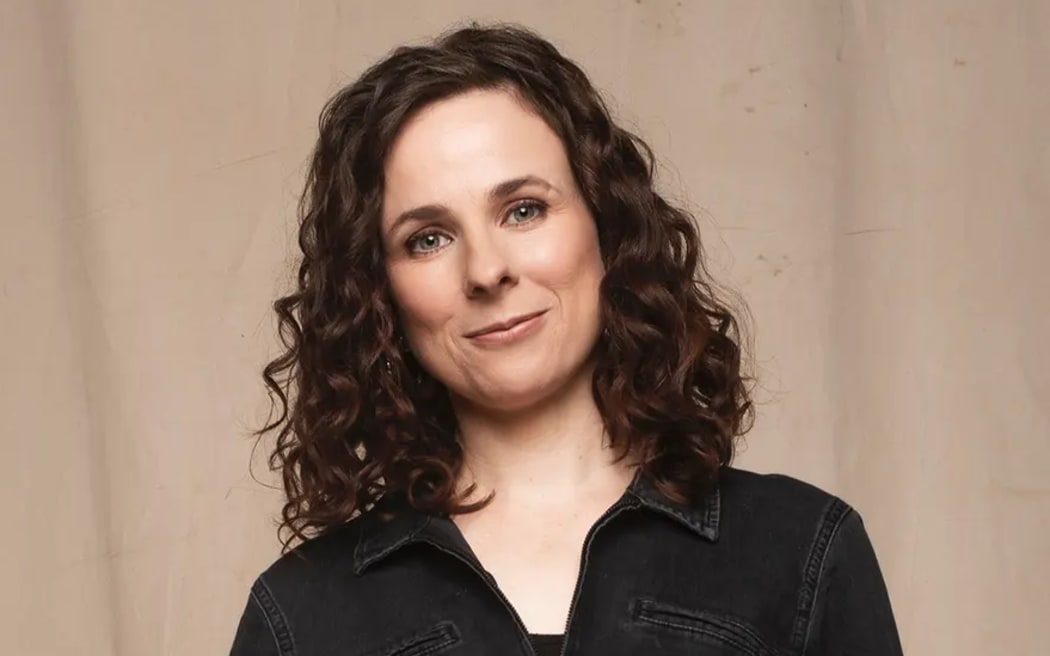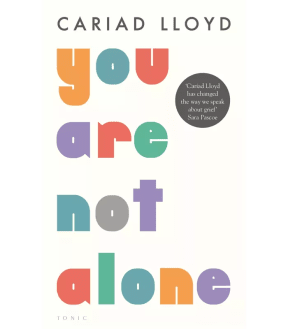Grief is a very personal but also universal experience so we really need to talk about it more, says Cariad Lloyd.
The British comedian hosts The Griefcast (an award-winning podcast) and this year released a book she describes as a "map" for the journey of grief - You Are Not Alone.

Cariad Lloyd, writer and host of the podcast Griefcast Photo: Matt Crocket

Photo: Bloomsbury Publishing PLC
In You Are Not Alone, Cariad writes about joining the Teenage Grief Club (TGC) when her father died quite suddenly.
As such, her first experience of "capital-G Grief" - in which a person is forced to understand what death really means and what grief really feels like - was at 15.
Disbelief is a universal aspect of grief, but grief can take years for the teenage brain to process, Cariad says.
When her father died of pancreatic cancer, 'What just happened?' was the phrase that kept ringing in her head.
"I knew he was dead but I also thought 'sorry, what just happened?'"
Grief is a companion that lives with you, and contrary to popular belief, it doesn't unfold in a linear way.
"We have this idea in society that it will go away and it will go back to life as it was before. And that's not the truth, as anyone who's been through a great loss will tell you, it's not the truth. And it shouldn't be, otherwise, it's like that person didnt exist."
Many people feel guilty that they're doing grief "wrong" if they haven't moved the famous Five Stages of Grief described by American psychiatrist Elizabeth Kubler Ross in her 1969 book On Death and Dying.
The stages that Kubler Ross described - Denial, Anger, Blame, Depression, Acceptance - are specifically about the grieving process of people receiving a terminal diagnosis, Cariad says.
The idea that reaching the 'acceptance' phase means you've reached the end of the process and you're okay is a very dated way of thinking about things and simply untrue, she says.
Yet people cover up the pain of grief and avoid talking to kids about it.
Although she doesn't need to do so much of it now, speaking repeatedly about grief for her dad has been a very helpful part of hosting Griefcast for Cariad.
Initially, the podcast seemed like a good way to preserve and share the honest and sometimes funny conversations about death and grief she was having with fellow comedians.
It can be easy to minimise grief but the experience often stops people in their tracks, she says.
"Grief disrupts your narrative, it makes you feel like you've hit the end, you've hit the last chapter in the story."
Over time, often a long time, you can recognise it as a "really painful, sad chapter" in your personal narrative.
"Somehow you learn to navigate your way through it and find your way on your journey and it's a very very personal thing.
"Whatever you need to get through it, as long as it's not harmful to you or others, go for it."

